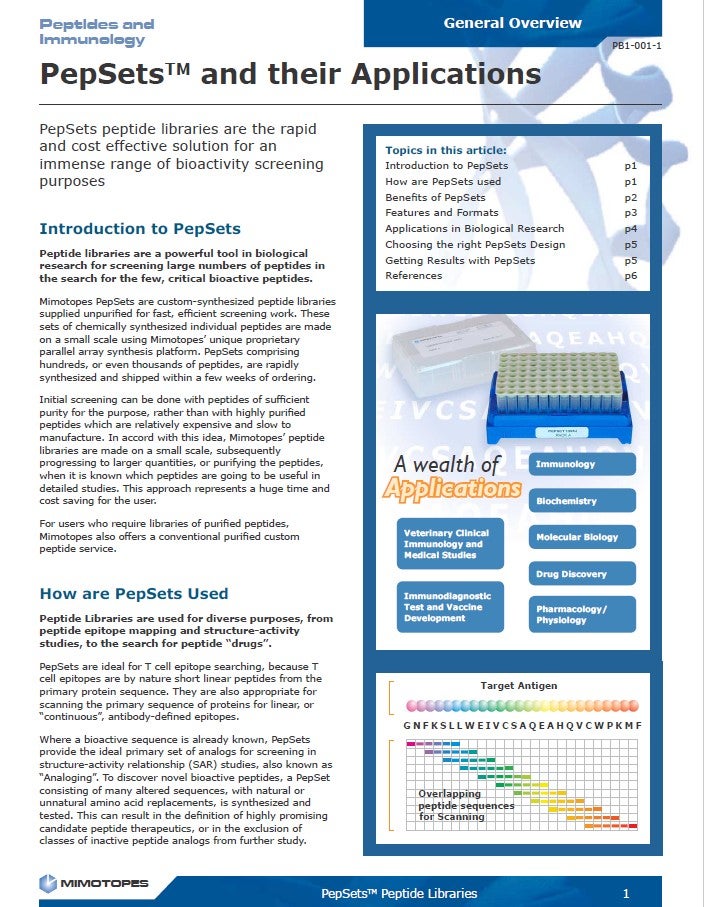

An academic group has published preclinical results with a new antibody that has greater activity and fewer side effects than existing biological therapies for inflammatory conditions.
This could translate into a clinical benefit for patients living with rheumatoid arthritis (RA), psoriasis, or inflammatory bowel disease (IBD).

US Tariffs are shifting - will you react or anticipate?
Don’t let policy changes catch you off guard. Stay proactive with real-time data and expert analysis.
By GlobalDataResearchers from the University of Birmingham in the UK and the University of Naples Federico II in Italy revealed promising results after designing an antibody that targets a 20-long amino acid sequence in interleukin-17 (IL-17) – a protein important in inflammatory pathways. According to the team, they demonstrated for the first time that this sequence activates the release of cyto-chemokines.
The antibody, which has been called Ab-IPL-IL-17, targets this sequence in both IL-17A and IL-17F. In cell studies, it demonstrated an ability to reduce the production of cyto-chemokines and white blood cell migration to inflammation-primed tissue. When the researchers compared it to existing therapies such as secukinumab, ixekizumab (marketed as Taltz by Eli Lilly) and bimekizumab (marketed as Bimzelx by UCB), Ab-IPL-IL-17 did not produce unwanted immune side effects like platelet reduction.
The findings which were published in The Annals of Rheumatic Diseases on 15 August, could be particularly beneficial to patients with RA and IBD. The new biologic demonstrated positive therapeutic effects for the two conditions in proof-of-concept studies.
In mouse models, the researchers concluded that the antibody is as effective as Janssen Biotech’s Remicade (infliximab) – the current gold-standard treatment for RA. For IBD, Ab-IPL-IL-17 reduced pathological symptoms and alleviated pro-inflammatory changes.
As per the statement announcing the results, the team said a patent application has been submitted, and is now seeking partners to help commercialise the biologic.
Early R&D project coverage on Pharmaceutical Technology is supported by Mimotopes.
Editorial content is independently produced and follows the highest standards of journalistic integrity. Topic sponsors are not involved in the creation of editorial content.






